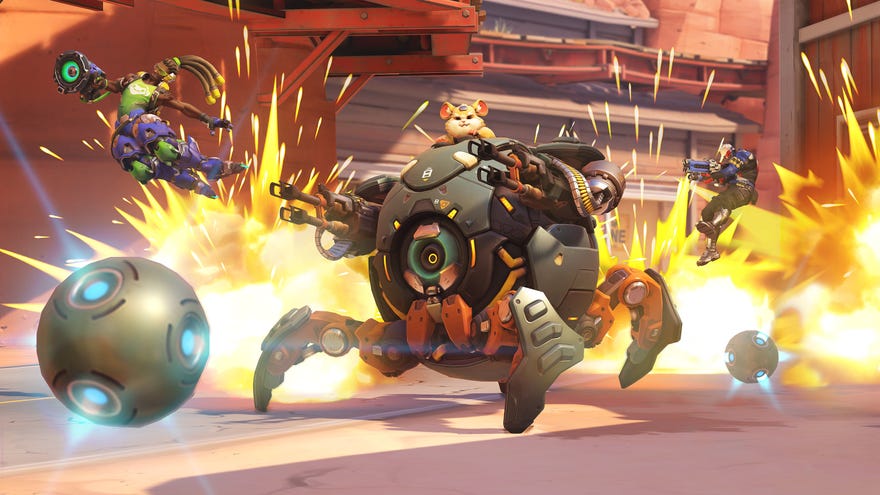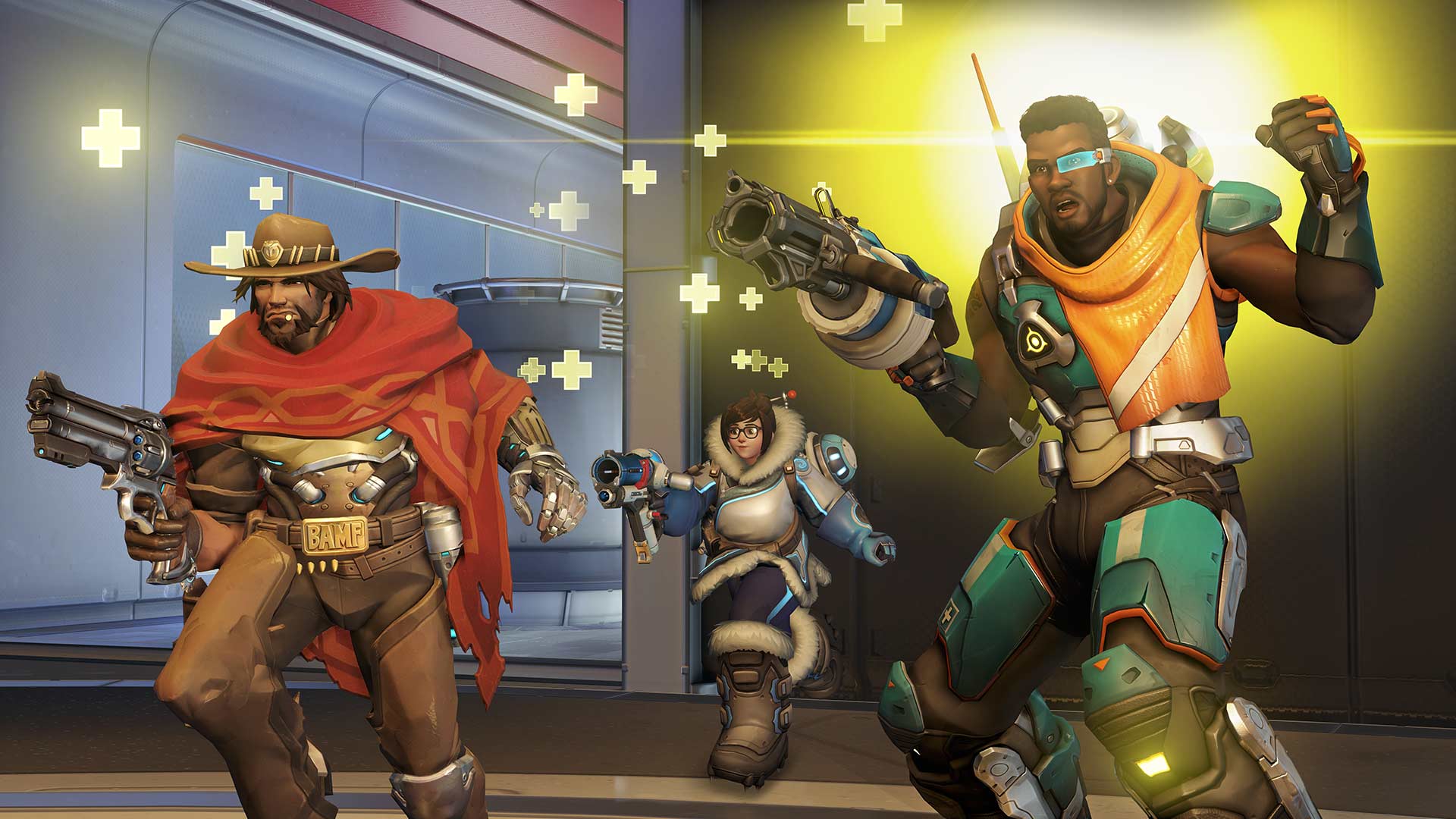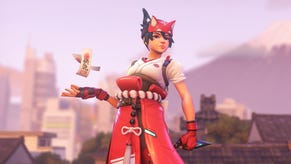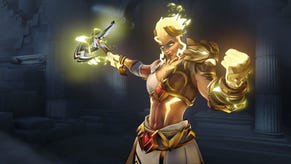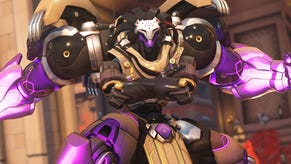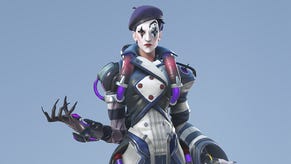Overwatch says its bad behaviour is down by 40%, but that doesn't tell the full story
Beyond the numbers
At GDC this week, Blizzard gave a talk discussing the endorsement system that they added to Overwatch last summer, claiming that it reduced bad behaviour in the first person shooter by 40%. Huzzah!
Unfortunately, even if we take Blizzard’s own numbers totally at face value, it’s that remaining 60% you’re actually going to notice playing the game and interacting with the community.
It frustrates me when people say that bad behaviour in games can’t be helped. When Overwatch’s endorsement system was first implemented, I wrote a piece directly targeted at people who griped every time it was brought up that it was impossible to change people being mean so why bother trying. (I see you in the comments section right now!) I do believe that endorsements have likely had an impact on player behaviour for the better, and that’s a great thing.
But Blizzard’s unchallenged numbers don’t tell the full story. Firstly, it’s unclear exactly where the 40% figure comes from. When endorsements and the looking for group feature were first introduced, Jeff Kaplan wrote on the Blizzard forums:
The % of Competitive Matches that Contain Abusive Chat is down:
26.4% in the Americas
16.4% in KRThe % of Daily Players being Abusive is down:
28.8% in the Americas
21.6% in KR
(The rest of Asia and Europe weren’t cited, and South America and Africa remain without servers.)
These numbers vary depending on what region and type of abuse you’re looking at, but, according to Gamasutra, research developer Natasha Miller simply stated that there had been “a 40 percent reduction in matches that contained disruptive behaviours since implementation,” without addressing any similar variations.
And how this number was recorded is also unclear, making it difficult to tell if other factors may have influenced the results. If it was a case of 40% fewer reports being received, this could be down to the fact that there’s a pervasive view in the community that reports do nothing to actually stop bad behaviour.
Because while we’re all repeating the nice line about things getting better, bigotry continues. Even if we really assume that Blizzard’s numbers are completely accurate, that 60% is still glaringly obvious.
I have nearly 500 hours on PC Overwatch and about 150 more on console. I have never once spoken aloud to strangers. Sometimes I at least try to listen to what my teammates are saying, but more often than not they still end up saying something awful about women assuming I’m just one of the lads listening to their bants, or just raging at one another, and I turn it off again.
Earlier this year, some men began to see something that top female players of the game have been saying for years: that sexism prevents them from climbing as high in the rankings as they should be able to. Either they speak in voice chat and risk their male teammates simply throwing because there’s a woman on their team, or they don’t speak in voice chat and have less effective team communication.
I’ve played once since Haitian medic Baptiste was added to the game, during which someone referred to him using the n-word.
Recently, Kenneth Shepard wrote for Polygon about his experience getting into the game after Soldier: 76 was revealed to be gay, and the homophobia he experienced there. “Blizzard knows how to make the game seem welcoming, but they’re unable to create an actual in-game environment that mirrored their aspirations,” he wrote. “Players need to feel safe if Blizzard wants Overwatch to be welcoming to everyone, but before that happens the inclusion in the lore feels more like a trap than an honest invitation.”
I could go on.
“In online communities there aren’t effective consequences [for bad behaviour],” said Miller. But there still aren’t in Overwatch. You can get silenced or suspended, though I can’t tell you what for because Blizzard refuses to publicise it, but they’re obviously not effective.
Miller says that the fact the endorsement level decays gives players an incentive to continue being nice, which makes sense - to an extent. But having a higher number only awards an extra lootbox or two every few weeks, so it’s easy not to care. Plus, from my experience, maintaining a higher endorsement level simply means needing to play more, because endorsements are given out virtually randomly (and decreasingly often).
A lack of consequences is also why I’m hesitant at the official Overwatch League broadcast hyping up trash talk. I’m not anti-spice, but not only is yelling at your opponents or teabagging not given any consequence, it’s encouraged. Players who have been suspended repeatedly for bad behaviour are given places on World Cup and minor league teams. It doesn’t exactly give the regular player base the impression that their actions will actually come with a penalty.
Overwatch’s endorsement system is good. I’m glad that it’s making some kind of difference. But Blizzard have a long way to go if they want to live up to their promises of inclusivity, and it won’t happen until they actually tackle bad actors instead of simply rewarding good ones.
